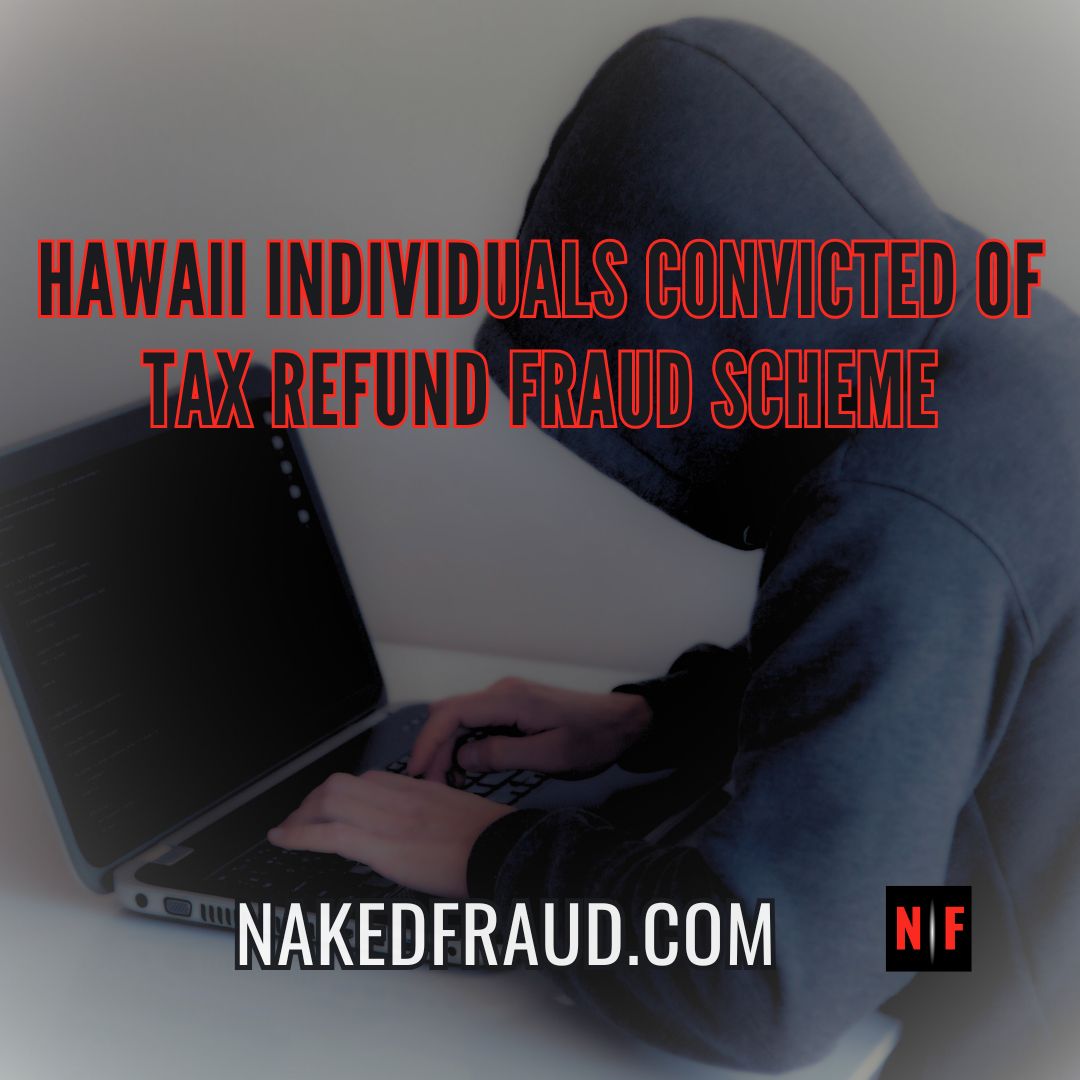Are You Aware of the Latest Tax Refund Fraud Crackdown in Hawaii?
August 29, 2025
A federal jury convicted four individuals from Hawaii for their roles in a tax refund fraud scheme.
Four Hawaii Individuals Convicted of Tax Refund Fraud Scheme
Go to Original Article at U.S. Dept. of Justice Website
A federal jury recently convicted four individuals from Hawaii for their roles in a tax refund fraud scheme, marking another significant win in the U.S. Department of Justice’s ongoing battle against financial crime. According to the DOJ announcement, these individuals orchestrated a scheme to defraud the U.S. Treasury by filing fraudulent tax returns in hopes of receiving illegitimate refunds. This case highlights not only the sophisticated lengths fraudsters will go to, but also the federal government’s growing commitment to cracking down on tax-related fraud.
Tax refund fraud has long been a method exploited by criminals to steal taxpayer dollars. The convictions in Hawaii serve as a warning that these schemes carry serious consequences, including prosecution and prison time. The DOJ has been making it clear through cases like this that financial fraud is a priority, and those who attempt to cheat the system will be aggressively pursued. For law-abiding citizens, this crackdown is a reassuring sign that efforts are being made to protect taxpayer money and ensure fairness in the financial system.
The implications of this conviction reach far beyond Hawaii. Fraudulent tax refund schemes happen nationwide, costing billions of dollars every year. By publicizing cases like these, the DOJ is sending a message to fraudsters everywhere: no matter how carefully planned, such crimes will not go unnoticed. Increased enforcement also reminds businesses and individuals alike to remain vigilant and cautious when it comes to financial transactions, taxes, and personal data.
At NakedFraud.com, we make it our mission to highlight stories like this so readers stay informed about the latest fraud schemes, scams, and federal crackdowns. Understanding how these schemes operate gives you the knowledge to spot warning signs and protect yourself from falling victim. Following developments such as the Hawaii tax refund fraud case can help you stay one step ahead of criminals who are always looking for new ways to exploit the system.
To stay updated on fraud cases and enforcement actions from agencies like the Department of Justice, NakedFraud.com is your go-to source. We bring you the most current fraud news so you can be informed, prepared, and alert. With fraud schemes becoming increasingly sophisticated, knowledge is your best defense—and we’re here to provide it.
FAQ: Tax Refund Fraud and How to Protect Yourself
Q: What is tax refund fraud?
A: Tax refund fraud occurs when criminals file false tax returns using stolen or fabricated information to claim fraudulent refunds from the IRS.
Q: How do criminals get the information they need?
A: Fraudsters often use stolen personal data, such as Social Security numbers, dates of birth, and employment records, which may come from data breaches, phishing scams, or identity theft.
Q: How can I protect myself from tax refund fraud?
A: File your tax return as early as possible, use strong passwords on your accounts, monitor your credit reports, and never share personal information through suspicious emails, texts, or phone calls.
Q: What should I do if I suspect fraud on my tax return?
A: Contact the IRS immediately and file Form 14039 (Identity Theft Affidavit). It’s also wise to report the incident to the Federal Trade Commission and monitor your financial accounts for unusual activity.



0 Comments